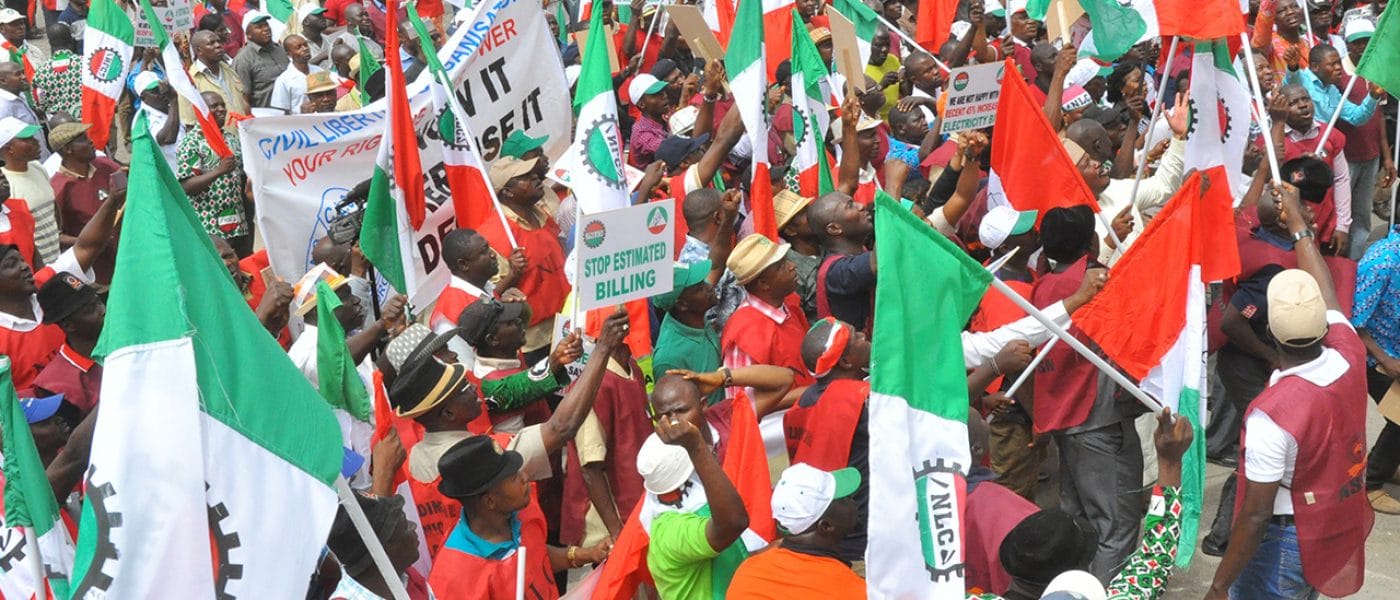The Chairman of the Senate Committee on Tertiary Institutions and TETFUND, Senator Muktari Dandutse, has disclosed that upper legislative chamber was actively mediating between the Academic Staff Union of Universities (ASUU) and the Federal Government to end the lingering industrial dispute that has kept students out of school.
Speaking after a high-level meeting with ASUU leadership at the National Assembly on Friday, Dandutse said the Senate’s intervention was aimed at finding a sustainable middle ground while ensuring that universities reopen without further delay.
“Returning to school does not mean the issues are closed; it creates a conducive environment for continued dialogue,” he said, emphasising that the Senate’s priority is to secure both academic stability and fair compensation for lecturers.
Dandutse outlined the Senate’s immediate plan of action, which includes facilitating a negotiation between ASUU, the Ministry of Education, and the National Universities Commission (NUC), as well as engaging the Minister of the Federal Capital Territory (FCT) on the University of Abuja land dispute. He added that the Senate would ensure all outstanding grievances are consolidated for joint discussions with the government by early next week.
“Our goal is to push for immediate relief and long-term reforms that will prevent recurring strikes,” he said. Senator Karimi Sunday, who contributed to the issue, noted that while progress has been made in ongoing talks, some welfare issues remain unresolved.
“There are concerns over conference, group, and journal allowances. These must be properly reviewed to ensure they reach those entitled to them,” he said. He stressed that the Senate was determined to balance government fiscal realities with the welfare of academic staff.
“We cannot continue to allow strikes to cripple our institutions. This is about fairness, equity, and national progress,” he added. Also weighing in, Senator Adams Oshiomhole drew attention to the economic realities facing both students and lecturers.
“If a book costs N100 and inflation leaves a student with N75, education becomes inaccessible. We need to make policy adjustments that support both learning and teaching,” he said.
Oshiomhole also cautioned against the exodus of intellectual talent from universities, saying: “If our best brains leave the classrooms for other sectors, we lose the foundation for innovation. A country that abandons its teachers cannot develop its technology.”
ASUU President, Prof. Chris Piwuna, confirmed that negotiations with the Federal Government were ongoing but noted that the union still found parts of the latest offer unacceptable.
“The government’s proposal falls outside the Nimi Briggs benchmark that was earlier agreed upon. That’s why it remains an issue for us,” he said. Piwuna emphasised that while ASUU appreciates the Senate’s mediation, any decision on suspending its industrial action would be made collectively by members.
“As leaders, we convey discussions to our branches for consideration. The decision to suspend action is democratic,” he explained. He dismissed claims that ASUU uses strikes as a bargaining tactic, noting: “We always pursue dialogue first. Unfortunately, it is only when we withdraw our services that the government becomes responsive.”






